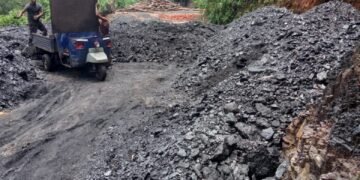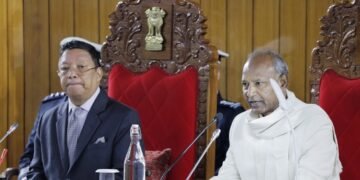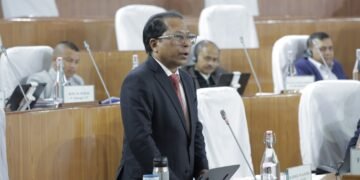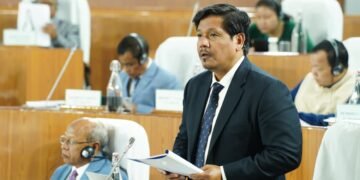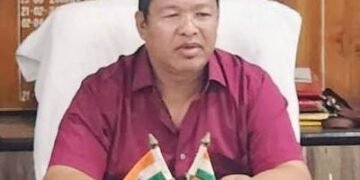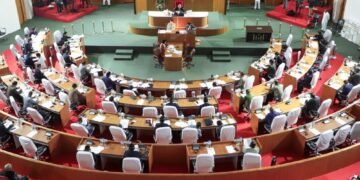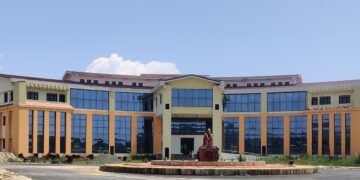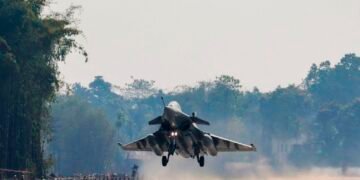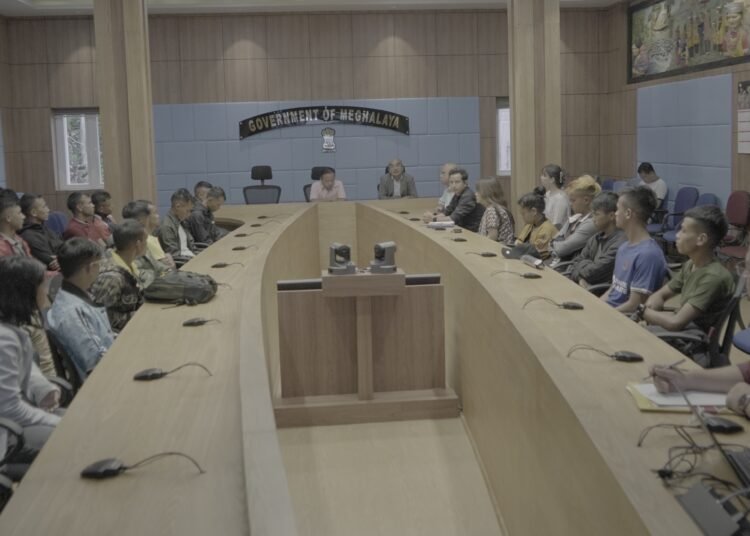Tourism Minister Paul Lyngdoh attended a send-off programme for trek leaders training yesterday wherein he encouraged the first batch of participants to stay focused in the training and come to the state enriched with knowledge.
Speaking at the programme, Lyngdoh said, “Adventure tourism is an integral and a very significant set of tourism in Meghalaya. It delights me that 25 trails have been mapped and identified. I am sure that in the subsequent year, we will be able to be in a position to identify more such trails. Most of the trails happen to be connected with local history or folklore. The government has invested money and time in preparing for your trip. I would sincerely urge each of you to invest your time very wisely. Make sure to stay focused and come back enriched.”
Trek the Himalayas is an agency empanelled by Meghalayan Age Ltd (MAL) for identifying multi-day trekking and hiking trails in the state. Trek the Himalayas is a certified member of ATOAI (Adventure Tour Operators Association of India).
Its expeditions cover over 100 peaks across the Himalayas that are permitted by the IMF (Indian Mountaineering Foundation) and the team consists of members who have passed basic and advanced mountaineering courses.
The key objectives of the project are to prepare a detailed master plan for setting up trekking and hiking activities in which 25 multi-day trails have been identified.
The project aims to create a user-friendly booklet and an app that lists all the identified sites for reference by the tourists.
It also aims to provide an experiential training or exposure trip to the local resources, which is ongoing and the schedule of the training is for 120 participants.
The training dates for the first batch is September 20-30 with 30 participants in Darjeeling, the second and third batch comprising 60 participants will be on September 27-October 6 in Uttarakhand and Darjeeling and the fourth batch will be on October 3-12 with 30 participants.
The participants of the first batch are from Pashum, Laitsohum, Diwon (three participants from each village), Wahkhen, Laitiam, Nongblai (five participants from each village), Mawlyngbna and Lapalang (one participant from each village) and Mawten (four participants).


